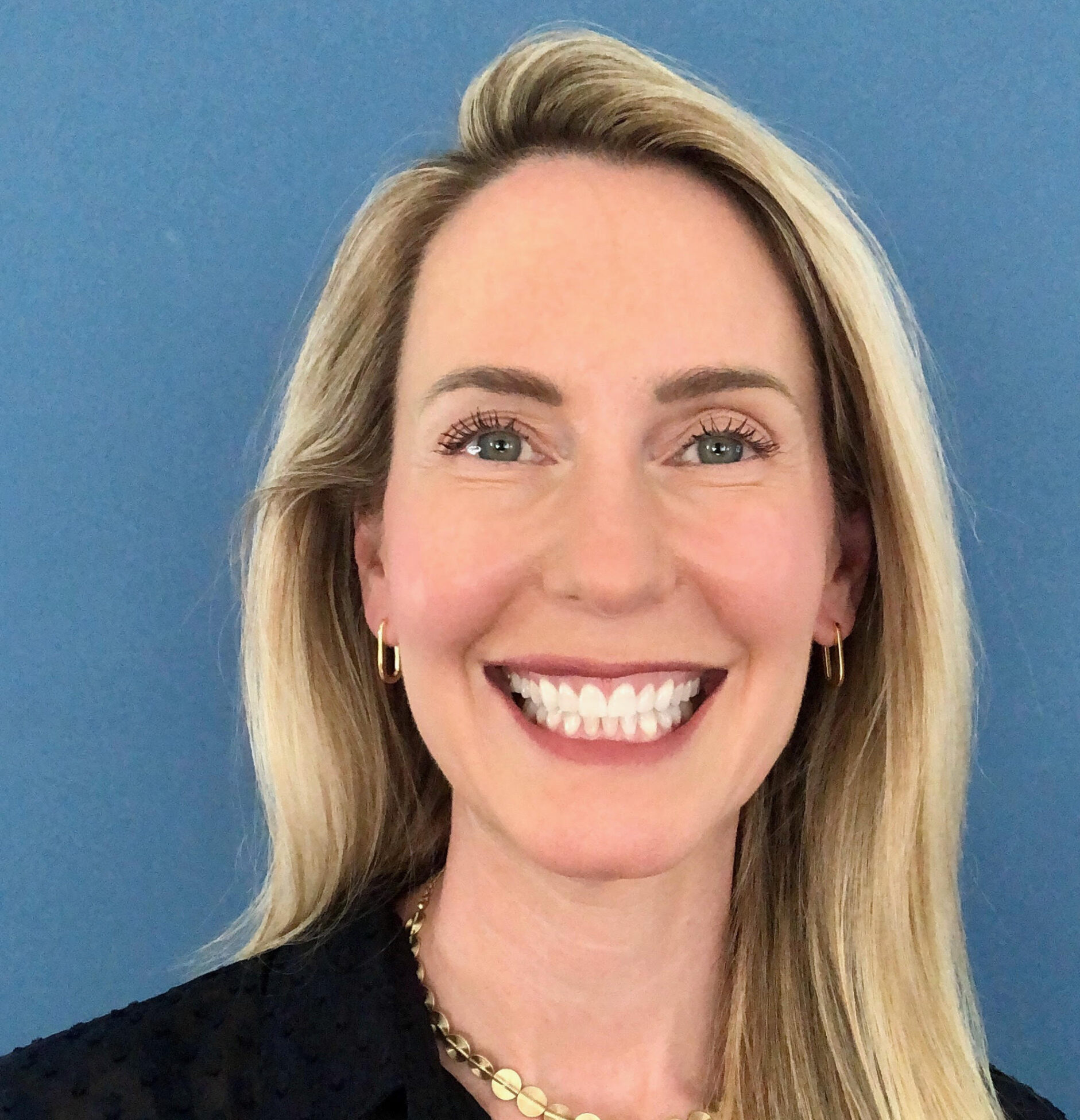Biofeedback is a way for an individual to self-regulate their physiologic response to pain with the help of a feedback system. Patients can receive auditory, visual, or tactile feedback information about how their body is reacting (ie. muscle tension or heart rate). The goal of biofeedback is to give the patient more control over their response to pain. It can be used alone or in combination with Cognitive Behavioral Therapy or Physical Therapy. Biofeedback can decrease muscle tension, pain, and depression levels.
How does Biofeedback work?
Biofeedback is a mind–body technique in which individuals are connected to sensors that measure bodily actions. The goal is to allow them to develop an awareness of their unhealthy mental patterns and tendencies, and to improve their health by modifying their physical reactions (e.g., breathing rate, heart rate, blood pressure). During biofeedback sessions, individuals are connected to electrical sensors, which measure bodily functions. A monitor is used to display the information which allows the person to make specific changes such as slowing breathing down or relaxing a specific muscle. Goals can be signified by different sounds to allow the participant feedback that they achieved their goal.
Like what you’re learning? Download a brochure for our Orofacial Pain and Oral Medicine certificate or master’s degree program.
Why is Biofeedback helpful for chronic pain?
Research has shown that self-management techniques have significant importance in the management of chronic pain. Two of the most common examples that biofeedback can target is increased muscle tension or heart rate in response to pain or stress. Allowing someone the ability to self-monitor and self-regulate allows the individual to increase their awareness of their physiological response and also a way to manage this response with immediate feedback. Having some control over one’s response to pain and or stress is especially empowering to someone living with chronic pain.
Earn an Online Postgraduate Degree in Orofacial Pain and Oral Medicine
Are you interested in a variety of issues focused on orofacial pain, medicine and sleep disorders? Consider enrolling in the Herman Ostrow School of Dentistry of USC’s online, competency-based certificate or master’s program in Orofacial Pain and Oral Medicine.
References
- Probyn K, Bowers H, Mistry D, Caldwell F, Underwood M, Patel S, Sandhu HK, Matharu M, Pincus T; CHESS team.. Non-pharmacological self-management for people living with migraine or tension-type headache: a systematic review including analysis of intervention components. BMJ Open. 2017 Aug 11;7(8):e016670. doi: 10.1136/bmjopen-2017-016670. PMID: 28801425; PMCID: PMC5629643.
- Sielski R, Rief W, Glombiewski JA. Efficacy of Biofeedback in Chronic back Pain: a Meta-Analysis. Int J Behav Med. 2017 Feb;24(1):25-41. doi: 10.1007/s12529-016-9572-9. PMID: 27307013.
- Lee C, Crawford C, Hickey A; Active Self-Care Therapies for Pain (PACT) Working Group. Mind-body therapies for the self-management of chronic pain symptoms. Pain Med. 2014 Apr;15 Suppl 1:S21-39. doi: 10.1111/pme.12383. PMID: 24734857.

